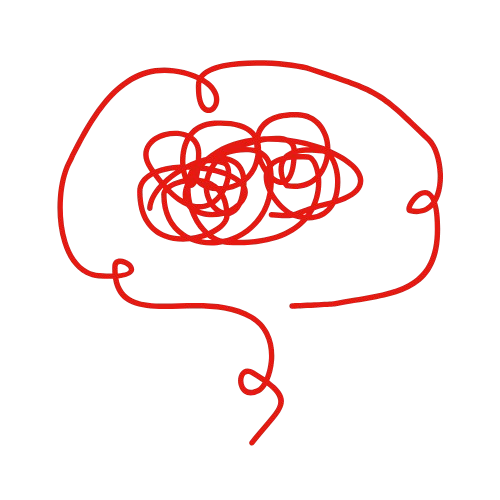- Published on
The Power of Slow: How Embracing Deliberation Enhances Creativity and Problem-Solving
- Authors

- Name
- Mindmire
- @Md_Khokon_Mia
Previous Article
The Power of Slow: How Embracing Deliberation Enhances Creativity and Problem-Solving
There's a pattern I've been noticing: in our fast-paced world, we are often encouraged to think quickly and act even faster. Yet, some of the most groundbreaking ideas and solutions emerge not from rapid-fire thinking but from deliberate, slow contemplation. Why might this be the case?
The Case for Deliberation
Our society often glorifies speed and efficiency, rewarding those who can make quick decisions and produce rapid results. However, research indicates that slowing down can significantly enhance creative thinking and problem-solving abilities. A study by psychologist Adam Grant at the University of Pennsylvania revealed that individuals who take time to reflect and deliberate often produce more innovative solutions compared to those who rush through tasks.
The Science of Slowing Down
Cognitive science provides a compelling explanation for why slowing down aids creativity. The brain's default mode network, active during periods of rest and idle thought, plays a crucial role in creative incubation. When we slow down, this network has the opportunity to engage, allowing disparate ideas to connect in novel ways. This process is akin to letting a stew simmer, where flavors blend over time to create a more complex taste.
Historical Examples
History offers numerous examples of slow, deliberate thinking leading to remarkable breakthroughs. Albert Einstein famously formulated the theory of relativity not through rapid calculations but through years of contemplation and thought experiments. Similarly, Steve Jobs was known for his long walks, which he credited for sparking creative insights.
Addressing the Counterarguments
Some might argue that in today's fast-paced world, slowing down is a luxury few can afford. Yet, evidence suggests that integrating periods of slow thinking does not necessarily equate to inefficiency. In fact, it often results in more durable and effective solutions, saving time in the long run by reducing the need for revisions and corrections.
Practical Applications
So, how can we harness the power of slow in our own lives? Practicing mindfulness and incorporating deliberate pauses in our daily routines can create space for this kind of reflective thinking. Techniques such as journaling, meditative walking, or simply setting aside time for uninterrupted thought can be incredibly beneficial.
Broader Implications
The implications of embracing slow thinking extend beyond individual creativity to organizational and societal levels. Businesses that foster environments encouraging reflection and patience often see increased innovation and employee satisfaction. On a societal level, promoting a culture that values depth over speed could lead to more sustainable and thoughtful advancements.
By recognizing the power of slow, we open ourselves to a world of possibilities where creativity and problem-solving are enriched through patience and deliberation. What might happen if we all took a moment to slow down and think deeply about the challenges we face? How might this change the way we approach our personal and professional lives? As we ponder these questions, we might just unlock untapped potential within ourselves and our communities.